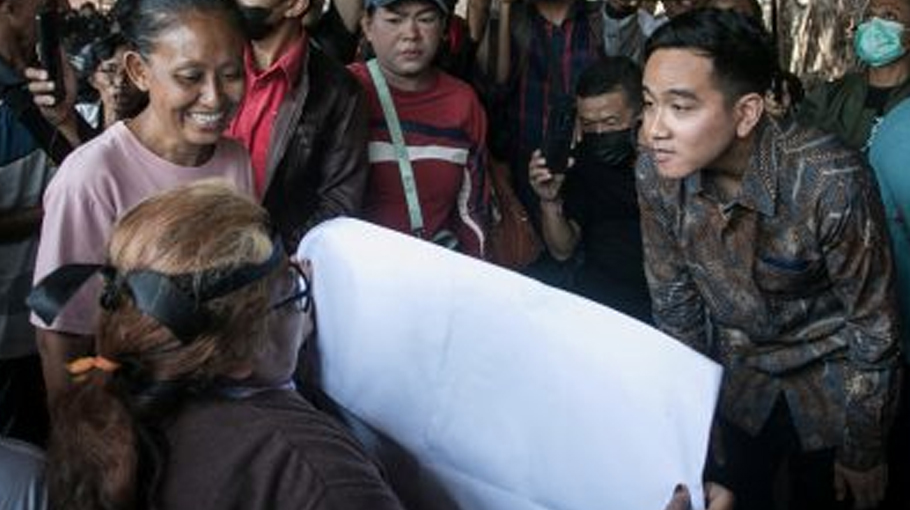Jokowi’s dynasty-building risks tensions with his PDI-P party base

Just three days after he became a member of the Indonesian Solidarity Party (PSI) in September 2023, Indonesian President Joko ‘Jokowi’ Widodo’s youngest son, Kaesang Pangarep, was appointed the party’s chairman. Kaesang’s ascendancy to PSI’s leadership caps what is probably the fastest political rise ever seen in Indonesian politics for someone who is not the founder of a political party.
Less than three weeks later, the Indonesian public was again shocked by a Constitutional Court decision to exempt candidates with experience as elected officials from a legal rule barring those under 40 from competing in presidential elections. The Court’s ruling paves the way for President Jokowi’s eldest son, the 36-year-old Gibran Rakabuming Raka, to run in the 2024 presidential elections.
These twin events mark the emergence of a Jokowi dynasty, as the president prepares to leave office in 2024. The appointment of Kaesang as PSI chairman — and the increasing possibility of Gibran being appointed as Defence Minister Prabowo Subianto’s running mate following the Court’s decision — can be seen as part of a plan to keep the Jokowi dynasty in a position of influence after 2024. Dynastic politics necessitates meticulous succession planning, and Kaesang’s accession and the Court’s ruling are necessary steps towards achieving this objective.
Kaesang’s ascendancy is crucial because Jokowi does not control the PDI-P party to which he and Gibran are affiliated. His ambitions to maintain his influence after 2024 may be jeopardised if he relies only on PDI-P, which ultimately belongs to the Soekarno clan centred around former president Megawati Soekarnoputri. Unlike former presidents Megawati and Susilo Bambang Yudhoyono, of the Democratic Party, Jokowi did not own his own political party but was merely a party official when he became Indonesia’s seventh president in 2014. Nine years after his election, Jokowi has exceeded them by becoming the only president with two members of his family — Gibran and son-in-law Bobby Nasution — respectively serving as mayors of the cities of Surakarta and Medan.
Jokowi needs to preserve his family’s legacy, particularly given unfinished businesses such as moving the country’s capital from Jakarta to East Kalimantan. In this context, Gibran’s nomination for the vice presidency would also be critical in efforts to maintain Jokowi’s political dynasty.
The choice of PSI over PDI-P as Kaesang’s political vehicle merits attention. PSI failed to pass the 4 per cent national parliamentary threshold in 2019, but was rewarded for its loyalty to Jokowi with the appointment of a PSI member as a deputy minister. PSI also frequently challenges PDI-P. It nominated Ganjar Pranowo — a seasoned PDI-P cadre — as its presidential candidate before backtracking and signalling support for the campaign of Defence Minister Prabowo Subianto.
PSI does not yet have an internal hegemonic politician in its ranks. Other parties have their own bosses or promotion mechanisms that would prevent Kaesang from taking the centre stage right away. In short, while PSI may not be the ideal party for Kaesang, it is the only party that is readily available to be transformed into a political vehicle for the Jokowi family should they receive disciplinary sanctions from PDI-P in response to Gibran joining Prabowo’s ticket.
The limits of PDI-P’s tolerance are being tested. As a PDI-P cadre, Jokowi has expressed his support for the party’s presidential candidate, former governor of Central Java Ganjar Pranowo.
Yoes C Kenawas is a Research Fellow at Institute for Advanced Research, Atma Jaya
Catholic University.
Source: East Asia Forum


